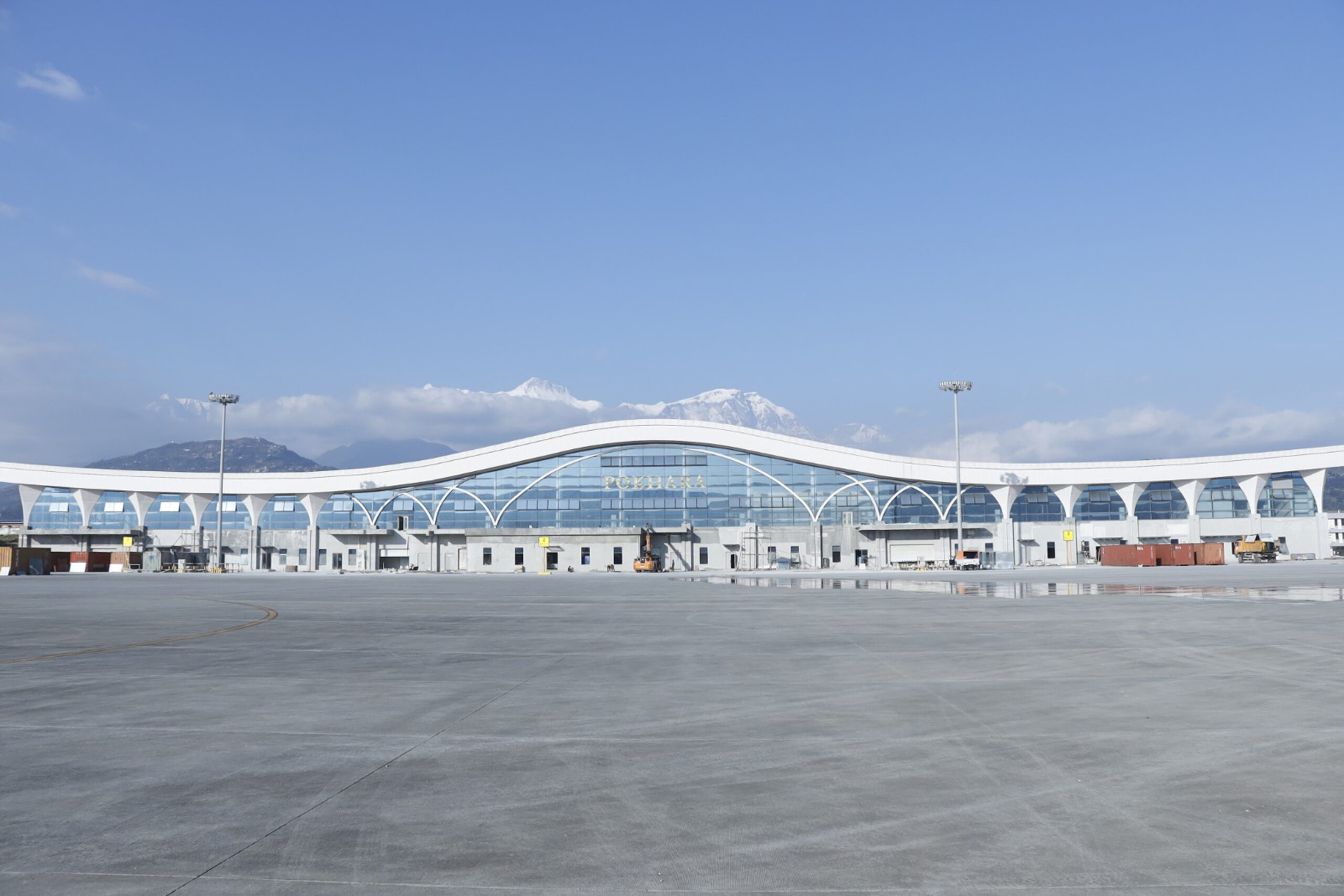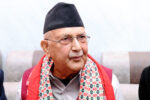Recently, there has been a surge of articles and events featuring Nepali political leaders and government officials requesting that China convert a loan of NRS 25.88 billion from the China EXIM Bank into a grant.
A significant statement from China was made last year on November 14, 2023, when MOFA spokesperson Mao Ning emphasized that Chinese companies “took full consideration of the local situation, followed quality standards strictly during design and construction, and kept complete records.”
This statement, along with international coverage by the New York Times regarding Pokhara Airport, sparked extensive discussion and debate on social media.
Notably, a heated exchange between Chinese Ambassador to Nepal Chen Song and senior journalist Gajendra Budhathoki further fueled speculation about the airport.
As a result, Chinese social media has been abuzz with analyses of the Pokhara Airport situation.
Some netizens even drew connections between the timing of the lifting of the TikTok ban in Nepal and the loan forgiveness proposal, suggesting that Nepal hoped to use the ban as a bargaining chip.
The public has taken to the internet to express their opinions. While there is a general frustration with Nepal’s political instability, Nepal’s proposal has served as a reminder for China to exercise caution in its aid policy.
The phrase 厚往薄来 (Hòu wǎng báo lái), which means “give generously, receive little,” encapsulates this sentiment.
Historical analogies are a hallmark of Chinese diplomacy, and many netizens reference the Ming dynasty emperors Zhu Yuanzhang and Zhu Di, who sought to showcase China’s dominance through extensive tribute relations.
However, this system became costly due to 厚往薄来, as China compensated tributary countries well above market value for their tribute goods, along with lavish hospitality.
This is directly relevant to Chinese assistance to Nepal during the 1960s, where some netizens argue that despite China’s weak foundation and economic policies, it still aided Nepal in infrastructure projects.
Many netizens view Nepal’s reluctance to repay its debts as offensive, perceiving the country’s approach as “unfriendly” toward China.
Some see it as part of larger geopolitical dynamics. One netizen commented, “If China agrees, it will reduce the economic burden on Nepal and help maintain the delicate balance between China and India.
However, if not, Nepal may side with India and continue to play its balancing game.”
Each opinion piece credits China for its efforts to reduce Nepal’s dependence on India in trade while portraying Nepal as a helpless victim of its geography.
Another stream of opinion expresses nostalgia among Chinese netizens for the Soviet Union’s foreign aid policy.
They argue that, despite providing grants and aid to win allies, the Soviet Union ultimately faced disastrous consequences, including economic collapse and disintegration, leading many allies to abandon it and lose influence.
Using this analogy, some argue that forgiving Nepal’s debt could result in similar demands from other countries, eventually burdening China as a consequence of “giving generously.”
Many suggest that their government should be cautious in negotiations and not acquiesce to countries that are unvirtuous in failing to repay borrowed money, instead treating such requests as gifts.
Some netizens even drew connections between the timing of the lifting of the TikTok ban in Nepal and the loan forgiveness proposal, suggesting that Nepal hoped to use the ban as a bargaining chip.
In conclusion, given the Chinese public’s disapproval of Nepal’s attempts to justify its loan forgiveness proposal, it seems highly unlikely that the proposal will move forward anytime soon.
(This article is published by The Araniko Project, a China-funded analytical news portal run by Nepali students studying in China)









Comment